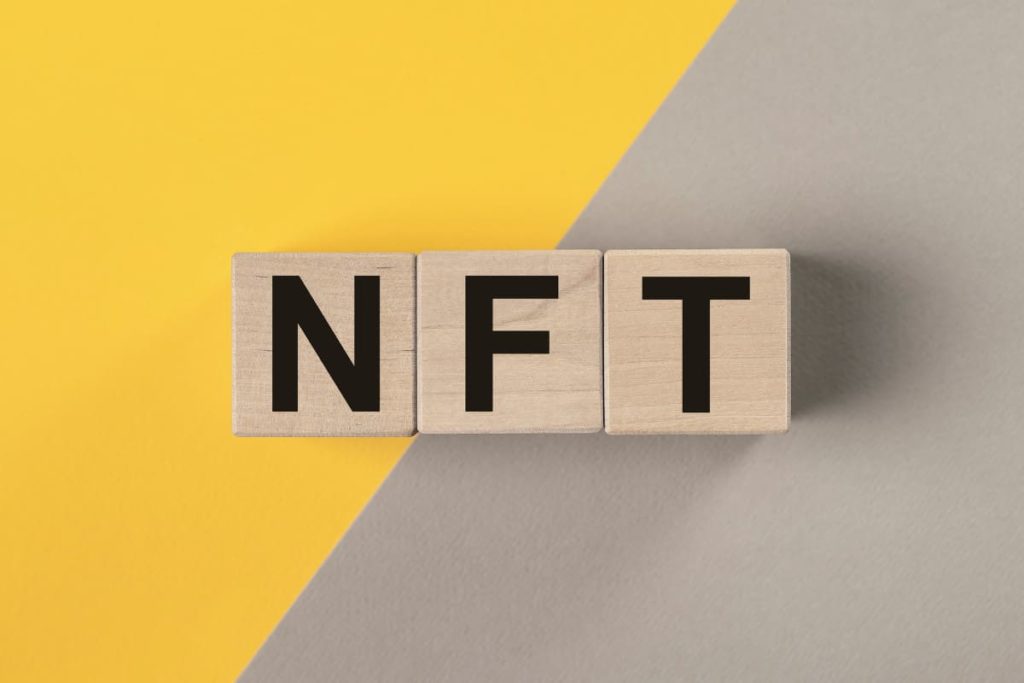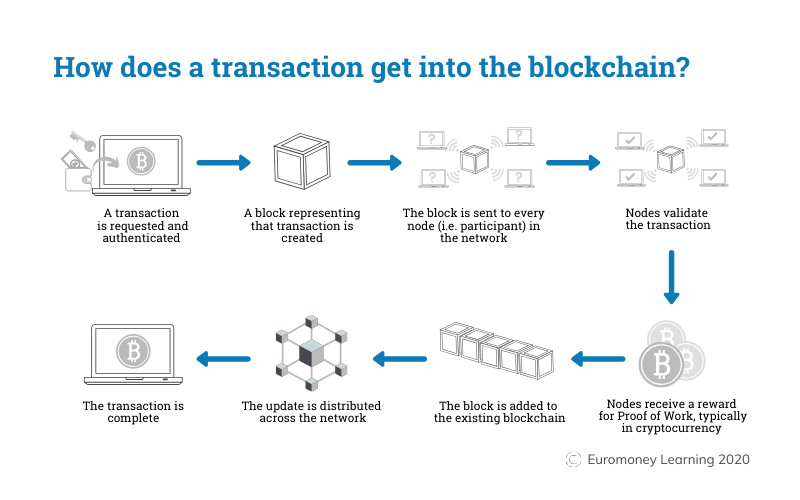With evolving trends in technology, blockchain is revolutionizing several industries. Cryptocurrency and NFTs all work with blockchain ledgers, a decentralized financial system. These technologies are changing the traditional ways of asset buying, selling, or renting.
Non-fungible tokens or NFTs are unique digital tokens stored on a blockchain ledger. They identify and represent ownership of an individual over a unique item such as an art piece, music, or property. Cryptocurrency or fiat money is used to buy or sell any NFT.
Previously, NFTs were finding their best use in the art, entertainment, and gaming industry. With NFTs, it is easier to transfer the rights of an asset and avoid fraud. However, blockchain experts are now trying to incorporate NFTs in the real estate industry.
Graana.com, Pakistan’s smartest property portal, presents a complete guide to understanding NFTs and their future in the real estate industry.
NFTs and the Real Estate Industry

In the real estate industry, NFT represents a physical or virtual property. A smart contract containing all legal details of the property is used to mint an NFT on the NFT marketplace. The entitled NFT is then entered into the NFT marketplace where buyers bid for the property. After the auction, the bid winner pays money in the form of cryptocurrency or fiat money.
Once all legal work is done and funds are released, the new buyer now owns the property.
Pros of NFTs in the Real Estate Industry
Traditional real estate has several downsides as the process is handled manually. One major problem is the time lost in a tremendous amount of paperwork and legal documentation. Both parties involved in the deal have to visit several government offices for property verification and transfers.
With NFTs, the process is completed in a few minutes as the NFT already contains all the legal information of the property.
Secondly, transactions in traditional real estate are slow due to lengthy bank procedures. For this, escrow companies and agents are involved, wasting money in the form of their fees. However, NFTs provide a streamlined transaction mode, allowing buyers to assume property ownership within minutes.
Blockchain and NFTs provide a fast and secure way to transfer funds. As all data is stored on the blockchain ledgers, with a higher level of security. Therefore, with NFTs, there are almost no chances of fraud and fake dealings.
Forged and fake documents are the other downside of traditional real estate dealings. Fake documentation deprives investors of their investments. To avoid such problems, blockchain is the best solution.
With verified data, proper documentation, unforgeable signature, and secure payments, the buyer and seller are secure from any sort of fraud.
How do NFTs work in the Real Estate Industry?

With massive scale digital transformation, everyone is aware of NFTs and other blockchain technologies. Its use is quite simple as everything is guided through steps. However, in real estate, the use of NFTs can be complex. It is quite difficult to register different properties physically through NFTs. That’s where digital real estate NFTs come into use.
To sell any property through real estate NFTs, understanding all the legal procedures is essential. Professional blockchain analysts and counselors can help in this regard. Property transfer through digital procedures is quite complex. So, the legal team will help you with all the necessary paperwork and documentation.
After getting all the necessary information and preparing the document, you can mint an NFT with legal and descriptive data about the property. For this purpose, we use smart contracts. This smart contract is uploaded to an NFT marketplace, which is an NFT issuing website.
The uploading process imbues NFT with all the legal data of the property, giving it legal authority as proof of the property. After creating NFT, it is entered into the NFT marketplace. Potential buyers start bidding for the property and the winner of the auction will pay for the property.
Once the NFT is transferred to the buyer’s wallet, the money will be paid through cryptocurrency or fiat money. The final paperwork is done on behalf of the buyer after which he officially owns the NFT and property.
NFTs and Fractional Property Ownership
In large commercial and residential real estate projects, property owners sell their property to a large number of investors. Similarly, the owner of a virtual property issues a large number of NFTs on the website. Buyers can keep these tokens and receive a rental income. Moreover, after some time, the NFT holders can sell their NFTs to other buyers for profits.
Traditional real estate investment is difficult as it requires big investments. Through NFTs, fractional property ownership has become easier. It is opening new grounds for investment opportunities for low-income masses.
Challenges of NFTs in the Real Estate Industry

Blockchain and NFTs are facing regulatory problems in most countries since their arrival. As blockchain works with a decentralized financial system, governments face issues in keeping track of money. Most countries fear that cryptocurrencies are used to funnel money to illegal sources and destabilize economies around the world.
Due to these problems, the use of NFTs and other blockchain-regulated digital currencies is not getting in the flow in real estate dealings. Governments are cracking down on such websites that allow buying and selling of NFTs.
Moreover, current real estate laws across the world make it difficult to hold properties as NFTs.
Future of NFTs in the Real Estate Industry
Despite all the challenges and problems that NFTs and blockchain are currently facing, their use in real estate dealings is rising. Blockchain technology and NFTs are major sources for crowdfunding and creating mortgages. Analysts are predicting regulatory laws by the governments as the technology holds immense potential for the future.
For more information, visit Graana.com
Read More
Blockchain Technology and its Impact on Real Estate
All You Need to Know About Virtual Real Estate Metaverse NFT
Metaverse: The Rise of a New Real Estate
Top Most Expensive Metaverse Plots




